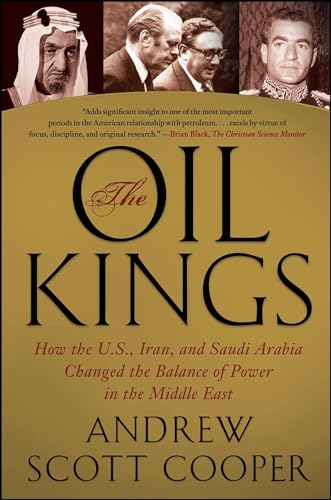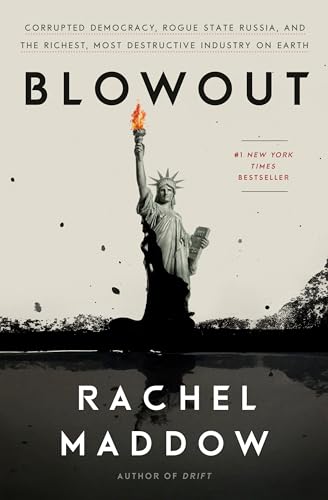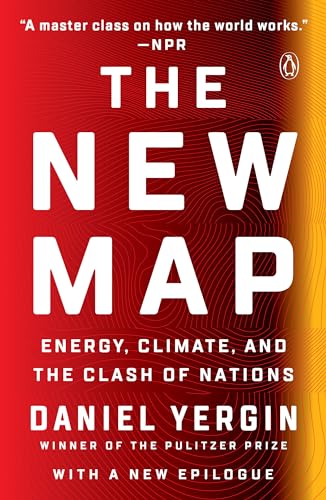
Author: Cooper, Andrew Scott
Price: $21.90
Category:Energy & Mining Industry
Publication Date:2012-09-11T00:00:01Z
Pages:544
Binding:Paperback
ISBN:10:1439155186
ISBN:13:9781439155189
Relying on a rich cache of previously classified notes, transcripts, cables, policy briefs, and memoranda, Andrew Cooper explains how oil drove, even corrupted, American foreign policy during a time when Cold War imperatives still applied, and tells why in the 1970s the U.S. switched its Middle East allegiance from the Shah of Iran to the Saudi royal family. Amid the oil shocks of the early 1970s, there was one man the U.S. could rely on: the Shah of Iran. The Shah sold us oil; we sold him weapons. But the U.S. and other industrialized economies could not tolerate repeated annual double digit increases in oil prices. During the 1976 election campaign, President Gerald Ford decided that he had to find a country that would break the OPEC monopoly and sell the U.S. oil more cheaply. On the advice of Treasury Secretary William Simon — and against the advice of Secretary of State Henry Kissinger — Ford made a deal to sell advanced weaponry to the Saudis in exchange for a more moderate price hike in oil. The Shah’s economy was destabilized, and disaffected elements mobilized to overthrow him. The U.S. had embarked on a long relationship with the autocratic Saudi kingdom that continues to this day.






